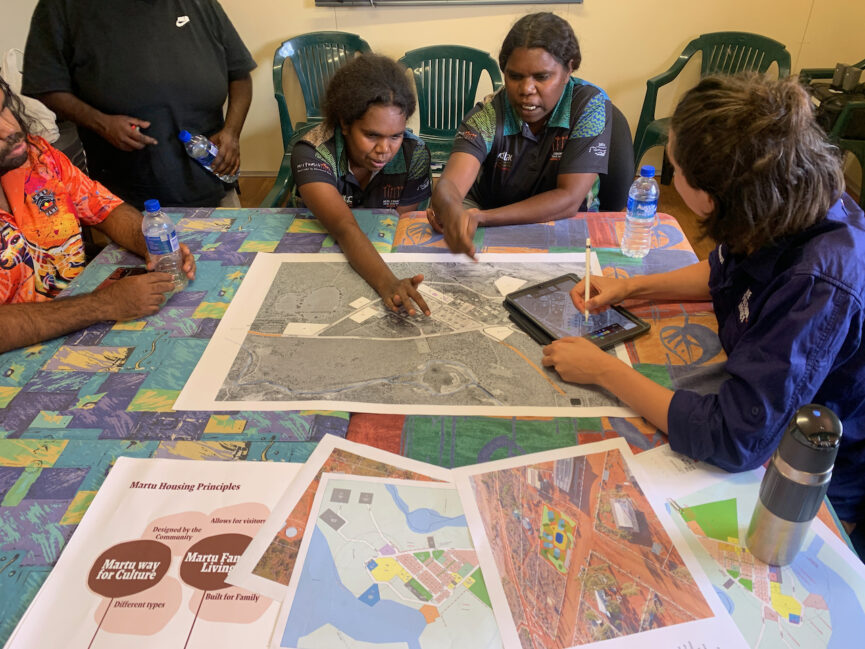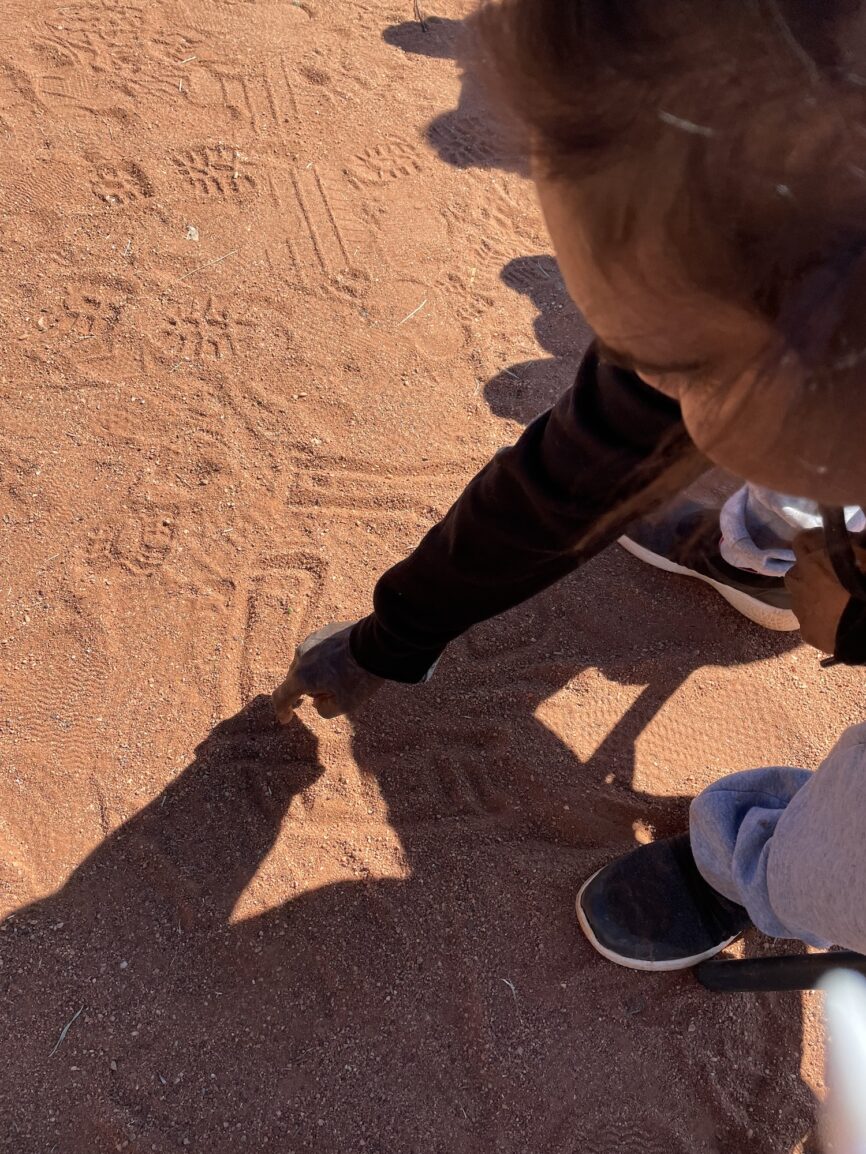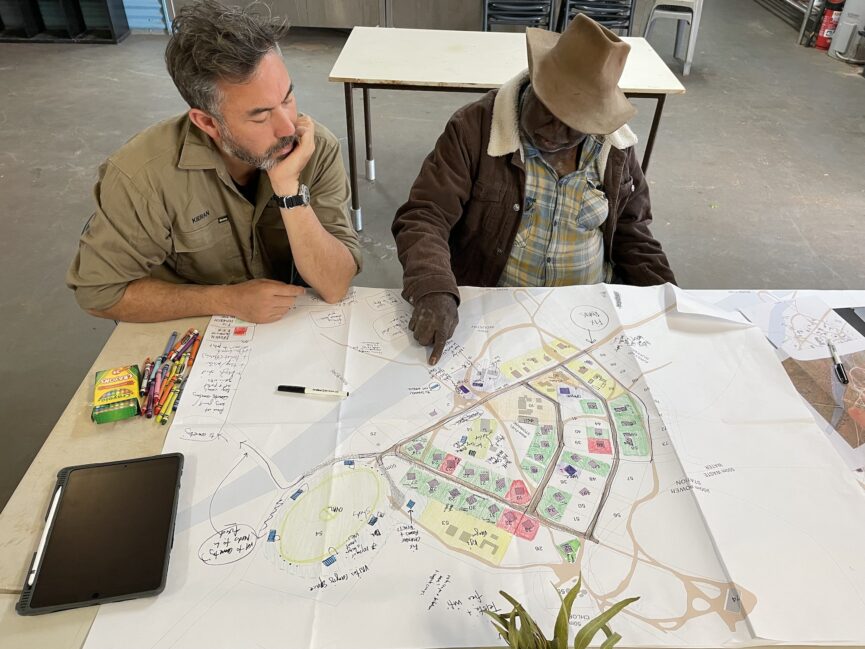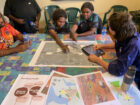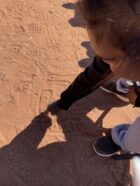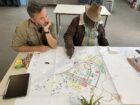
Martu Community Co-Design
Case Study
Our work on Martu ngurra began in 2020 when Jamukurnu Yapalikurnu Aboriginal Corporation (JYAC), engaged us to conduct a comprehensive audit of the community infrastructure and housing in three Martu communities: Punmu, Kunawarritji, and Parnngurr.
Martu people hold native title rights to 136,000 square kilometres in Western Australia’s Central Western Desert. The audit revealed a startling disconnect between existing infrastructure and the communities’ requirements and highlighted the need for culturally appropriate housing and community planning.
‘The co-design project gives Martu families the opportunity to lead and to have ownership. When we have these opportunities, we take it by the hand and nurture it and develop it.' Terrance Jack
What did we do?
Following TFA’s initial audit, JYAC secured state government support for the next phase. TFA was commissioned to implement a Community Led Co-Design Process focused on developing:
- Design Guidelines
- Conceptual Built Environment Project Briefs
- Community Layout Plan updates
TFA developed an approach fundamentally driven by Martu voices and priorities. A team of TFA consultants working alongside Martu advisors conducted extensive community engagement, including:
- On-site discussions and workshops
- Walking tours and house visits
- Various bespoke engagement tools to maximise participation
This intensive co-design methodology investigated community planning aspirations, infrastructure needs, and housing requirements. Housing emerged as a central focus, with rich discussions about current usage patterns and ideal future designs.
The process yielded six core Martu Housing Principles to guide future development:
- Martu Way for Culture
- Martu Family Living
- Safety
- Health
- Comfortable Living
- Quality Construction and Maintenance
What was the impact?
TFA’s Community Led Co-Design Process produced a comprehensive report documenting community-endorsed plans for housing and infrastructure improvements across the three Martu communities. This report serves as a critical tool enabling JYAC and state authorities to engage in informed discussions about improving community infrastructure, services, and housing for Martu People.
The project established a framework for true self-determination, with several significant outcomes:
- Cultural alignment: Future development will now reflect Martu cultural practices and protocols rather than imposing external standards.
- Local decision-making: TFA’s process created pathways for Martu to have direct input into the design, delivery, and maintenance of community infrastructure.
- Governance foundation: Discussions facilitated by TFA led to recommendations for a formalised housing governance model that would give Martu people greater control over housing matters.
- A plan to work together: The project identified the need for a clear, outcomes-focused Action Plan to guide implementation and ensure accountability.
